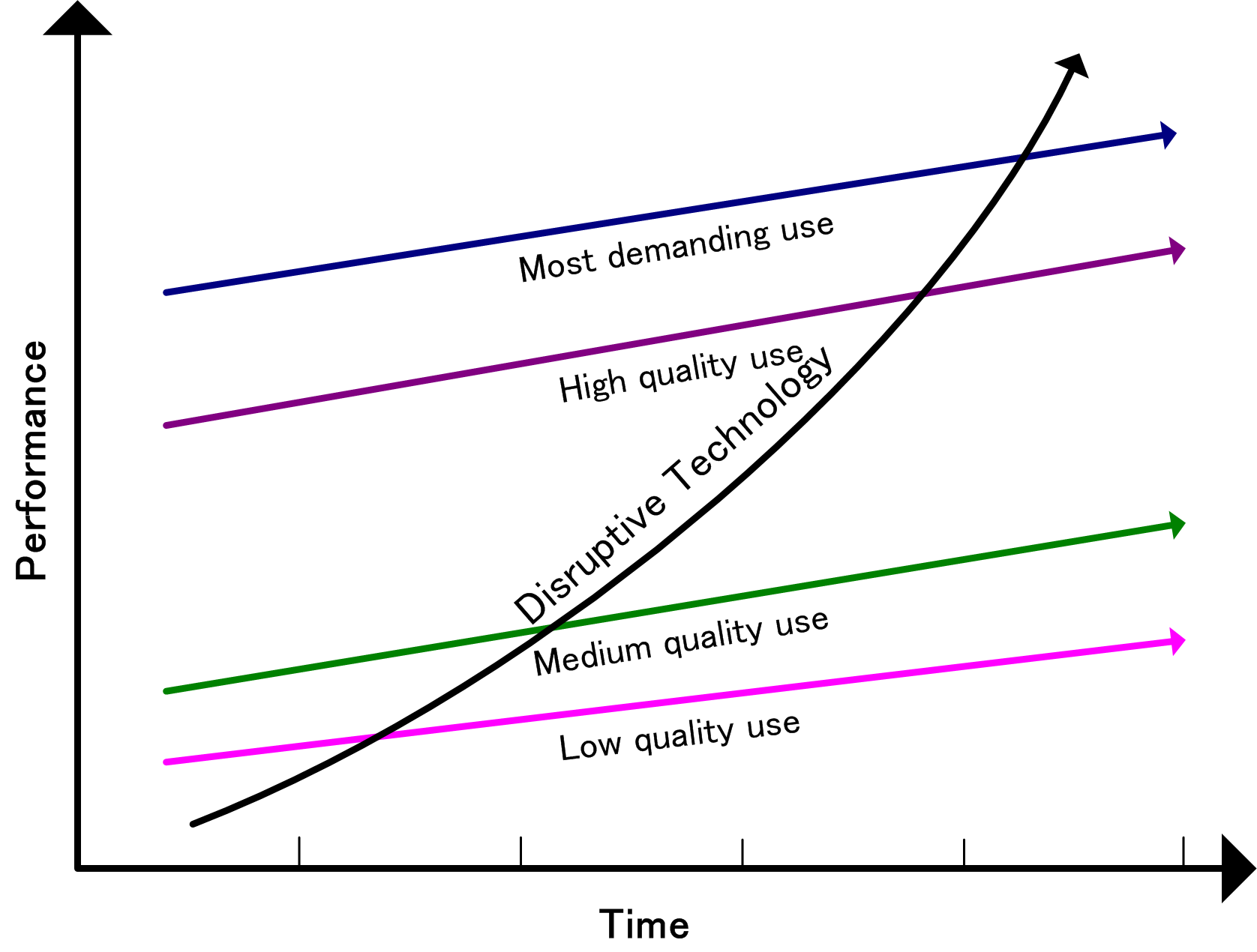
Members of the Air Force Academy football team job on Waikiki Beach before their game with the team from the University of Hawaii / Wikimedia Commons, 1980
While I was growing up I often heard my dad saying that he was “going out for a jog”. He took his jogging pretty seriously: he covered respectably long distances, wore the right shoes and suitable gear, and built it into his daily routine to keep himself fit. Now, fast forward several decades, and my brother and daughter (in their 40s and 20s respectively and on opposite sides of the Atlantic) are similarly dedicated to this type of activity to stay fit. But the big difference between them and my father seems to be this: they go for a run, and not a jog. And this seems to be true too for their athletic contemporaries. Running is a huge and important part of their lives: as my brother, Owen, said in his own book: “Running is not what I do: it is an essential part of who I am.” So my question is this: has the word jog simply faded from usage over time and generations and been replaced in our vernacular by the more generic term run, or is it the activity itself and its practitioners’ attitudes that have transformed over time — from what was once a somewhat casual and discrete hobby into a more all-consuming lifestyle choice, which in turn has affected how runners prefer to name their passion? Continue reading







